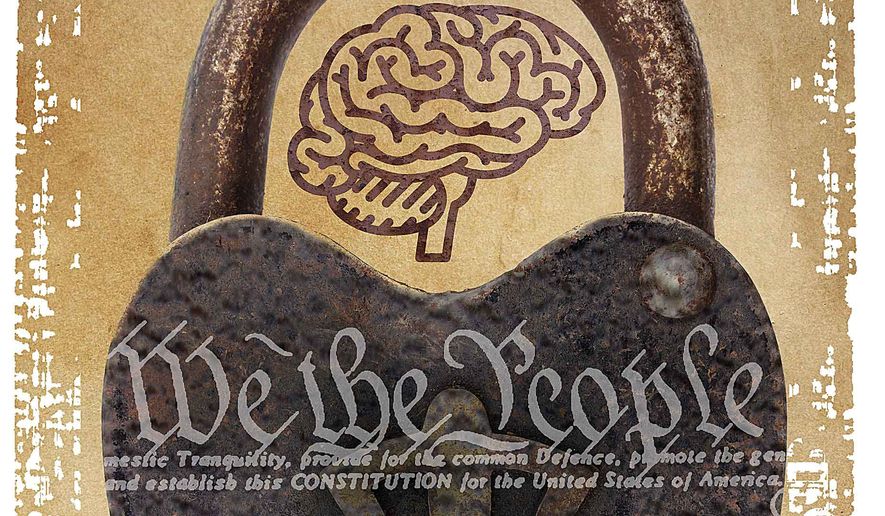OPINION:
Competition with an increasingly aggressive and capable China is a constant topic in current national security debates. While the U.S. pushes to stay ahead in critical military domains, tip-of-the-spear warfighting capabilities are not likely to be the primary deciders in this great power competition. Threats to our national security have expanded to include information operations, the impact of climate change, and our vulnerability to biological warfare as highlighted by our response to the COVID-19 pandemic. Above all, our ability to defend against these emerging threats depends on a foundation of economic strength fueled by innovative, agile industries. We must, therefore, make it a high priority to ensure regulatory practices reinforce and incentivize the industrial agility and innovation so foundational to successfully competing with China.
China is doing everything in its power to achieve cutting-edge advancements. It runs roughshod over U.S. intellectual and physical property rights, international norms, and free-market principles. With China challenging U.S. leadership technologically, militarily, and economically, how should America respond? By relying on the competitive, free-market principles that propelled America to become the most innovative, prosperous, and powerful nation in the world. The U.S. Senate has recognized this new reality by passing the U.S. Innovation and Competition Act, applauded by President Biden, which legislates steps to retool America’s supply chains, infrastructure, and digital connectivity to improve our ability to compete globally with China.
The U.S. Innovation and Competition Act takes important steps forward, but our ability to innovate successfully will also require a thorough examination of the regulatory environment that facilitates and curbs the way American companies use mergers and acquisitions to facilitate innovation at scale. Vertical integration allows innovative startups and suppliers to combine their unique strengths and resources to rapidly scale operations and accelerate the development of new products and capabilities.
National security leaders have new cause for alarm about this regulatory environment as a result of the Federal Trade Commission’s (FTC) recent opposition to a proposed vertical merger in health technology that would rapidly deliver improved cancer detection tests. Illumina proposed to acquire their spin-out, Grail, which has developed the breakthrough early cancer detection blood test. The combination of established manufacturing capability and capacity with groundbreaking technology is a prime example of how vertical integration can deliver critically necessary innovation at scale.
To assuage competitiveness concerns, the FTC often negotiates business terms that both protect industrial competition and enable rapid transitions to market for new capabilities. This pivot regarding vertical mergers could have adverse implications across industry sectors; for the national security industry, in particular, it will limit the tools our industrial base uses to advance new capabilities needed to defend our nation at every stage of the game.
Defense innovators may not care whether the Illumina-Grail merger is approved or rejected, but they will be concerned if multiple injunctions and drawn-out administrative hearings constitute a new norm. Regulatory policy shaped for great power competition must deliver prompt decisions on the merits. When there are issues, the FTC should negotiate to achieve a timely and equitable settlement that protects consumers, industry, and our national interests.
We must also maintain our authority to regulate U.S businesses within the U.S. With a judge’s approval, the FTC withdrew its bid for a preliminary injunction to the Illumina-Grail merger on the grounds that the European Commission had opened its own investigation into the matter. In doing so, the FTC essentially ceded their authority and responsibility and allowed foreign regulatory action to become a precondition to a merger between U.S. companies.
Imagine a defense contractor’s bid to buy a drone startup being scuttled by a foreign entity with ties to China or Russia. It may seem absurd, but if the U.S. can’t apply responsible regulatory action to rapidly field an early cancer detection breakthrough in competition with our friends and allies, how can we advance our economic and national security interests in the competition with China that will define our ability to thrive as a nation?
• General (ret) Mike Holmes is a senior advisor at The Roosevelt Group and previously served as the Commander of Air Combat Command and the Deputy Chief of Staff for Strategic Plans and Requirements, Headquarters United States Air Force.




Please read our comment policy before commenting.